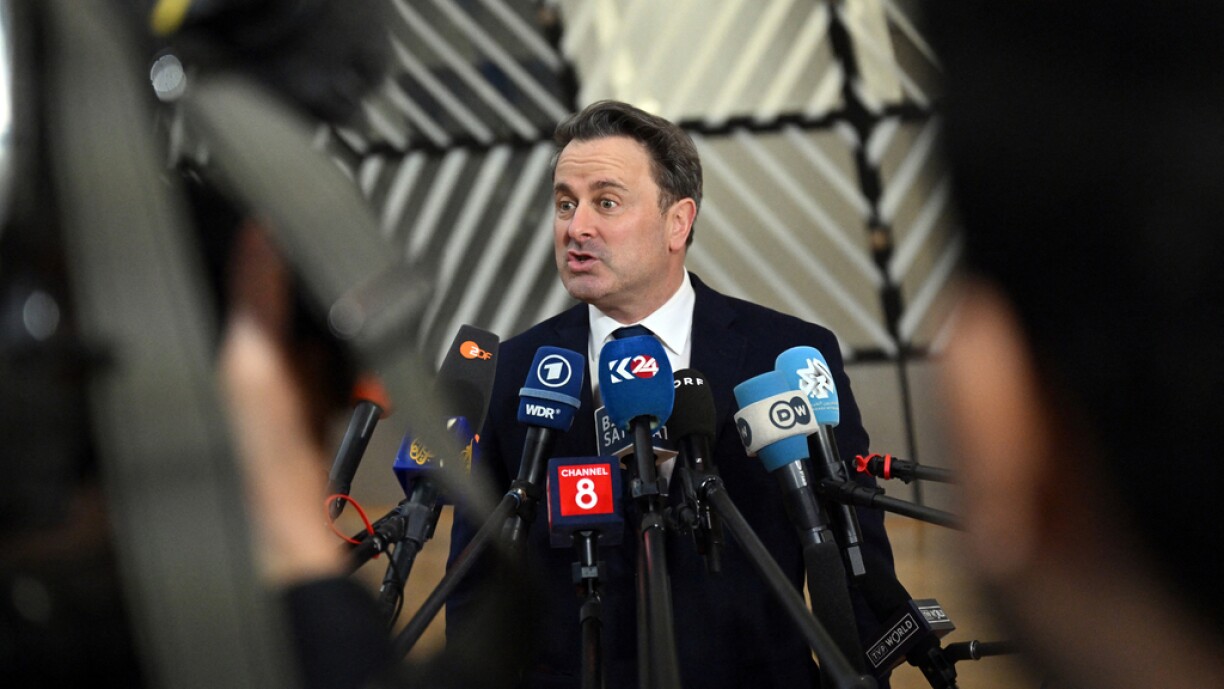
Editor’s note: PM Luc Freiden has since clarified that he was unaware of the discussions while FM Xavier Bettel has underlined that he was not the sole opponent of sanctions.
The Luxembourg Cooperation Circle of NGOs has expressed outrage over the government’s vetoing of a European resolution that sought to alleviate the tense situation in Eastern Congo by placing sanctions on the Congolese Tutsi-led paramilitary group M23. The Grand Duchy was the only country in the EU to have opposed the resolution.
The situation in the Eastern region of the Democratic Republic of the Congo is dire: at least 7,000 people have died in the past few weeks due to heavy warfare. Close to three million people have been driven out of the conflict zone around Goma, capital and largest city of the North Kivu Province, now controlled by M23.
The DRC accuses Rwanda of supporting the paramilitary group. Given the situation, EU Foreign Affairs Ministers met in Brussels on Monday to discuss sanctions against Rwandese military officers and M23 members. However, the Grand Duchy was the only EU member state to have vetoed the sanctions package.
Foreign Affairs Minister Xavier Bettel justified his veto on Tuesday morning by pointing to the ongoing negotiations between African Foreign Ministers, warning that the success of these talks may be thwarted if sanctions are placed immediately, while also pledging his full support for the eventual introduction of sanctions if the situation does not improve.
Read also: Burundi troops deploy in east DRC, as UK pauses most aid
Luxembourg’s isolated position at the EU-level on this matter is a cause of confusion for the Luxembourg NGO Cooperation Circle. Sebastian Weier, in charge of political advocacy within the organisation, explained in conversation with RTL that the use of the veto against this resolution was “shocking” but also “unsurprising” given that Bettel had already “failed to take a clear stance” on the conflict in a recent parliamentary debate.
Weier noted that Bettel “insinuated that the Congo is partly responsible”, a position that the Cooperation Circle deems “unacceptable”.
There is speculation that economic interests may play a role in Luxembourg’s guarded position, as the North Kivu Province is deemed rich in rare earths, with The Left (Déi Lénk) and MP Sven Clement of the Pirate Party questioning the motives behind the government’s veto.
Weier acknowledged that this is mere speculation while also pointing out that economic interests between Luxembourg’s and Kigali’s financial markets have been clearly established. He furthermore asserted that Luxembourg may indirectly benefit from Rwanda’s illegal exploitation of rare earth minerals.